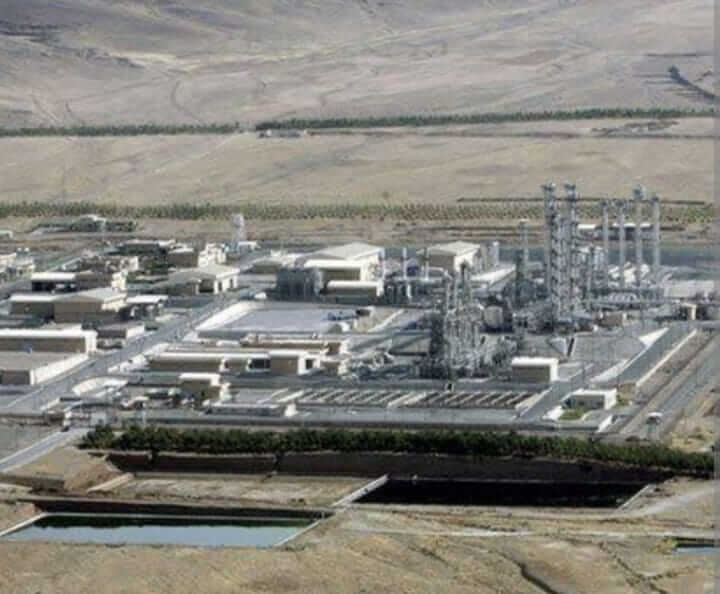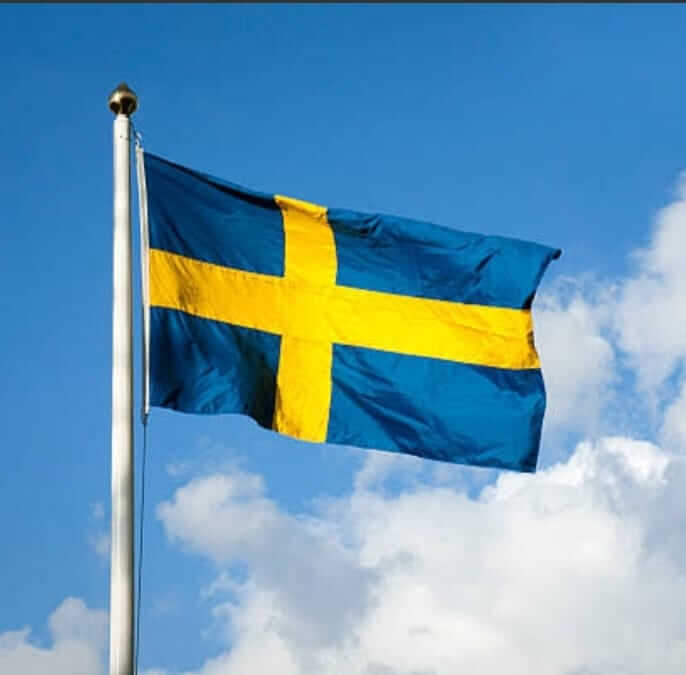Pak Chronicle Web Desk
Iran nuclear deal: In 2015, Iran reached a landmark agreement with six world powers, known as the Joint Comprehensive Plan of Action (JCPOA) that aimed to curb Iran’s nuclear program in exchange for lifting sanctions that had crippled its economy. The deal was hailed as a diplomatic triumph, but it has since faced challenges and uncertainties.
The JCPOA was the result of years of negotiations between Iran and the P5+1 group of nations (the United States, United Kingdom, France, China, Russia, and Germany). Under the terms of the deal, Iran agreed to limit its uranium enrichment activities and to allow inspections of its nuclear facilities by the International Atomic Energy Agency (IAEA) in exchange for the lifting of economic sanctions.
The JCPOA was seen as a major victory for diplomacy and international cooperation. It was widely applauded by the international community, including by the United Nations, which endorsed the deal in a unanimous resolution. The agreement was also a key legacy of former President Barack Obama, who had sought to engage with Iran and reduce tensions between the two countries.
However, the JCPOA faced opposition from some quarters, particularly from the United States. Critics of the deal argued that it did not go far enough in preventing Iran from acquiring nuclear weapons, and that it did not address other concerns about Iran’s behavior, such as its support for militant groups in the Middle East. Some critics also argued that the lifting of sanctions would provide Iran with more resources to pursue its regional ambitions.
In 2018, President Donald Trump announced that the United States would withdraw from the JCPOA, arguing that it was a flawed deal that did not adequately address Iran’s nuclear program. The move was widely criticized by other signatories to the deal, who argued that it would undermine international efforts to curb Iran’s nuclear program.
Since the United States’ withdrawal, Iran has gradually scaled back its compliance with the JCPOA. In 2019, Iran announced that it would no longer comply with certain provisions of the agreement, including limits on its uranium enrichment activities. Iran argued that it was entitled to do so because the other signatories to the deal had not upheld their end of the bargain by lifting economic sanctions.
The future of the JCPOA remains uncertain. In 2021, the United States and Iran held indirect talks in Vienna aimed at reviving the deal, but the talks were ultimately unsuccessful. Iran has since announced that it will continue to enrich uranium at higher levels, and has rejected further negotiations unless the United States lifts all economic sanctions.
The Iran nuclear deal remains a complex and contentious issue, with no clear resolution in sight. The agreement was a major step towards reducing tensions between Iran and the international community, but it faced significant opposition from some quarters. The withdrawal of the United States and Iran’s subsequent non-compliance have further complicated the situation, and it remains to be seen whether the JCPOA can be revived in its original form or if a new agreement will need to be negotiated.
Status of Iran nuclear deal:
The Iran nuclear deal has already witnessed many ups and down since signing of it in 2015. The Unites States in 2018 withdrew from the deal when Donald Trump was the president on the grounds that it was not doing enough. Afterwards US imposed more sanctions on Iran which are still effective till to date.
Ends



